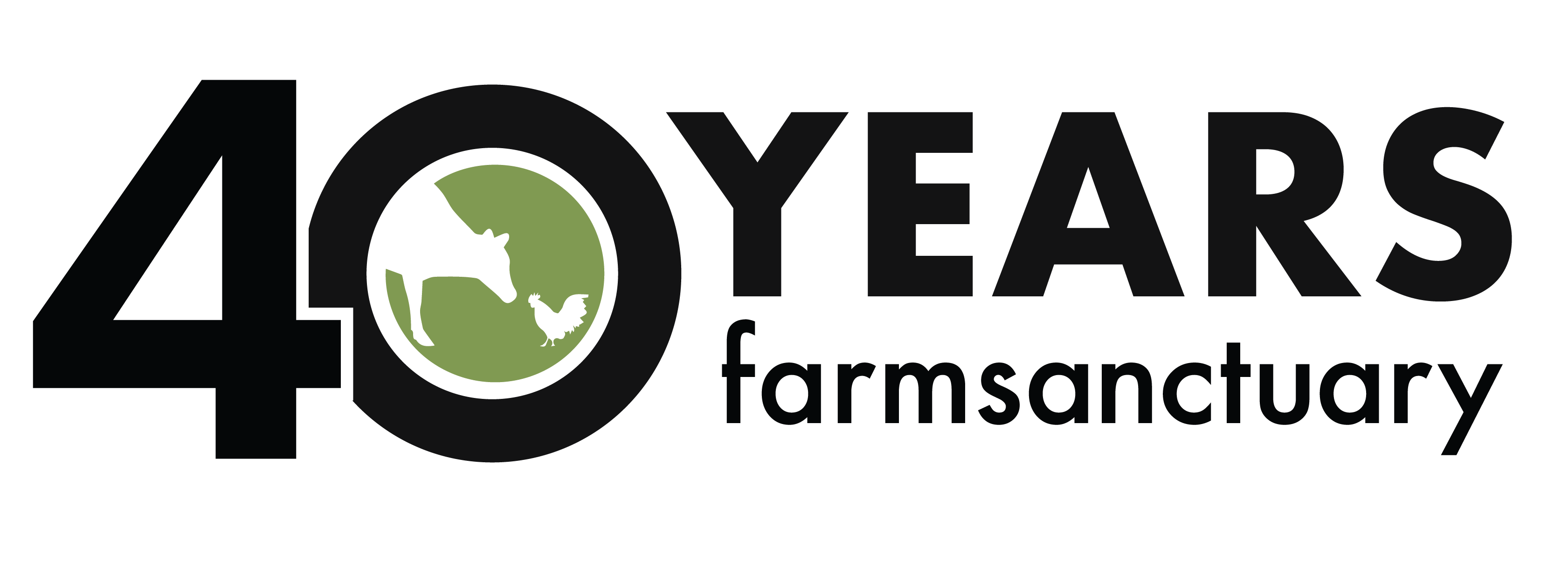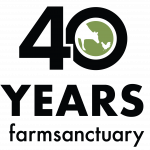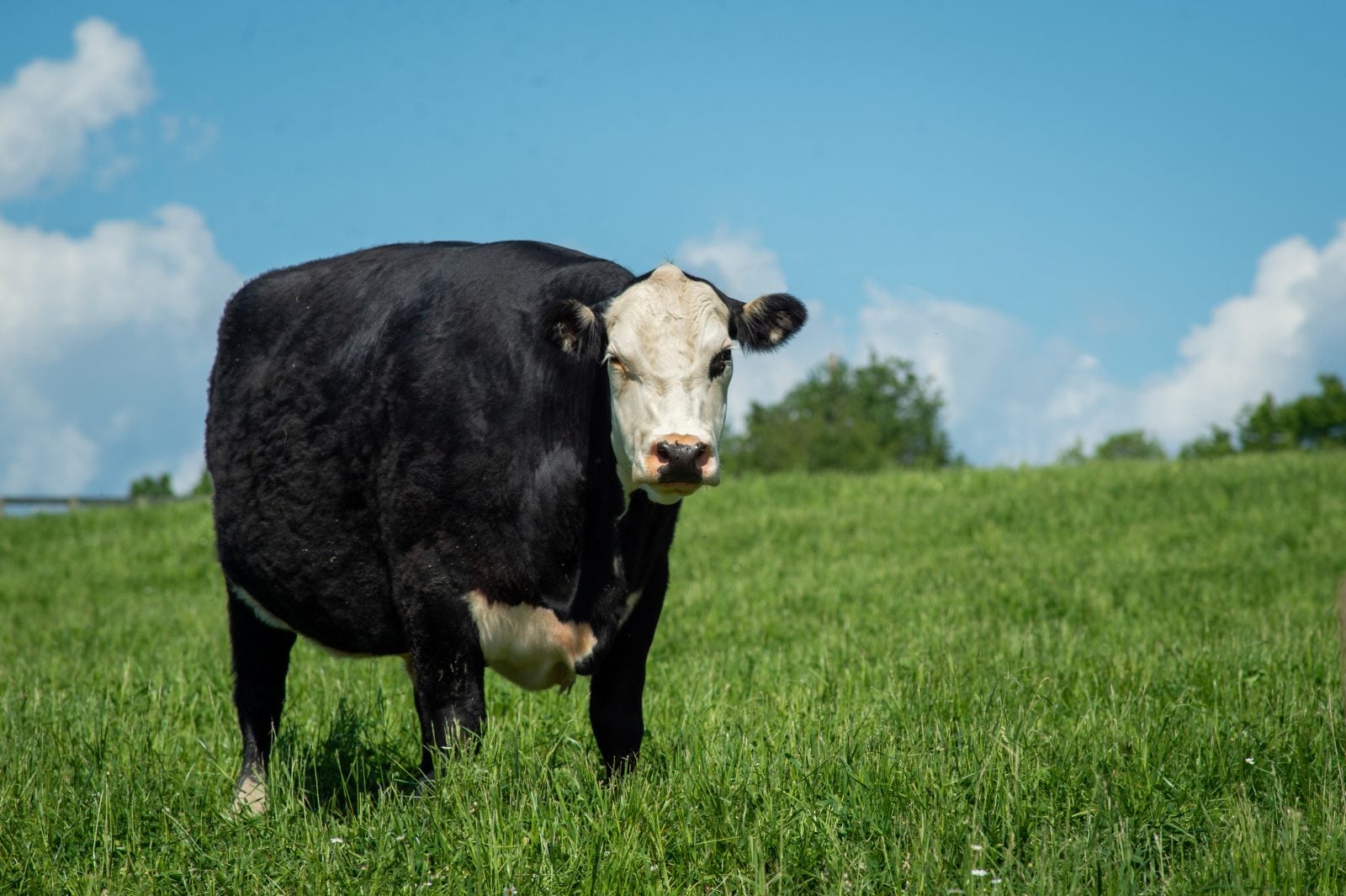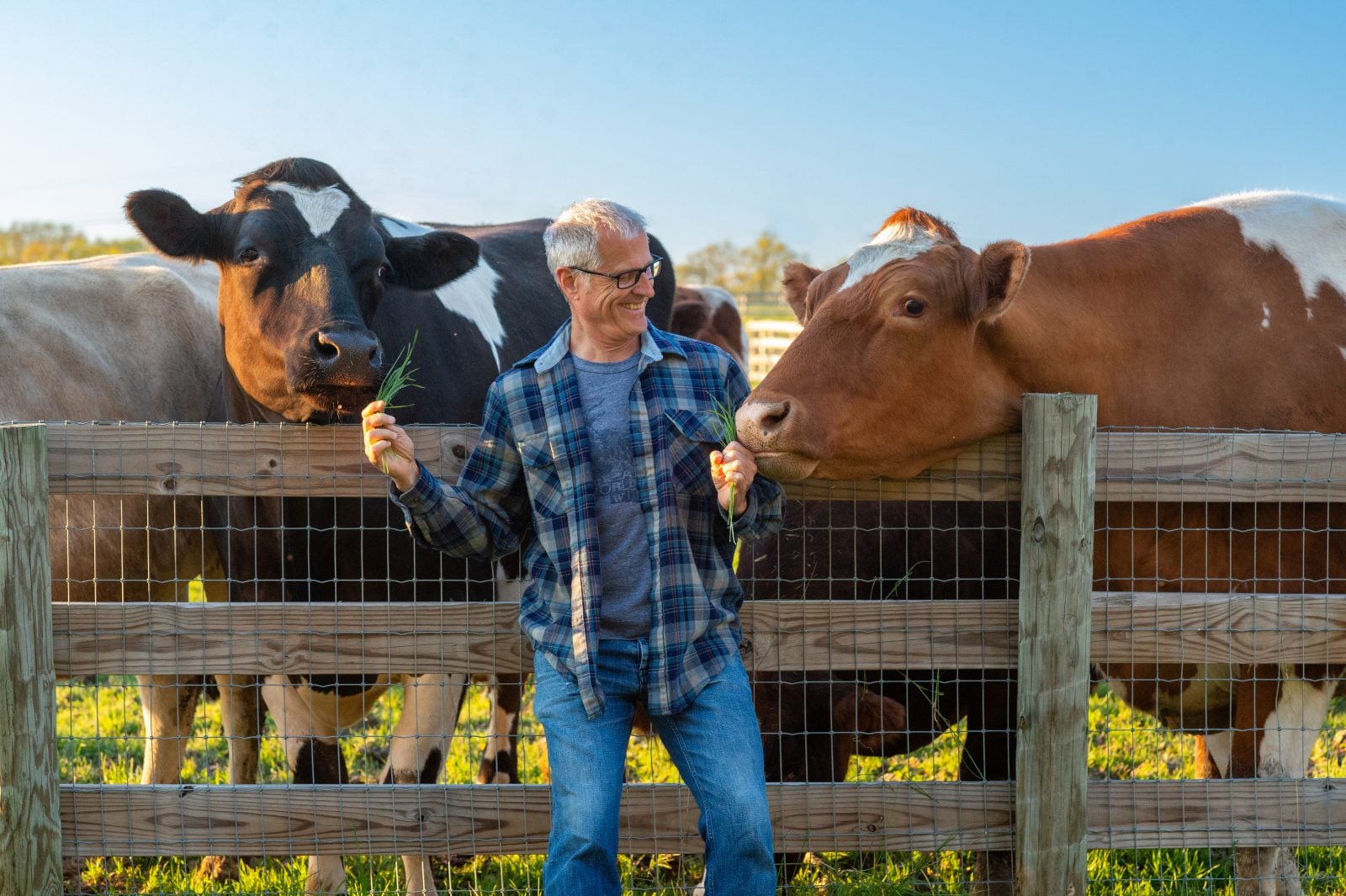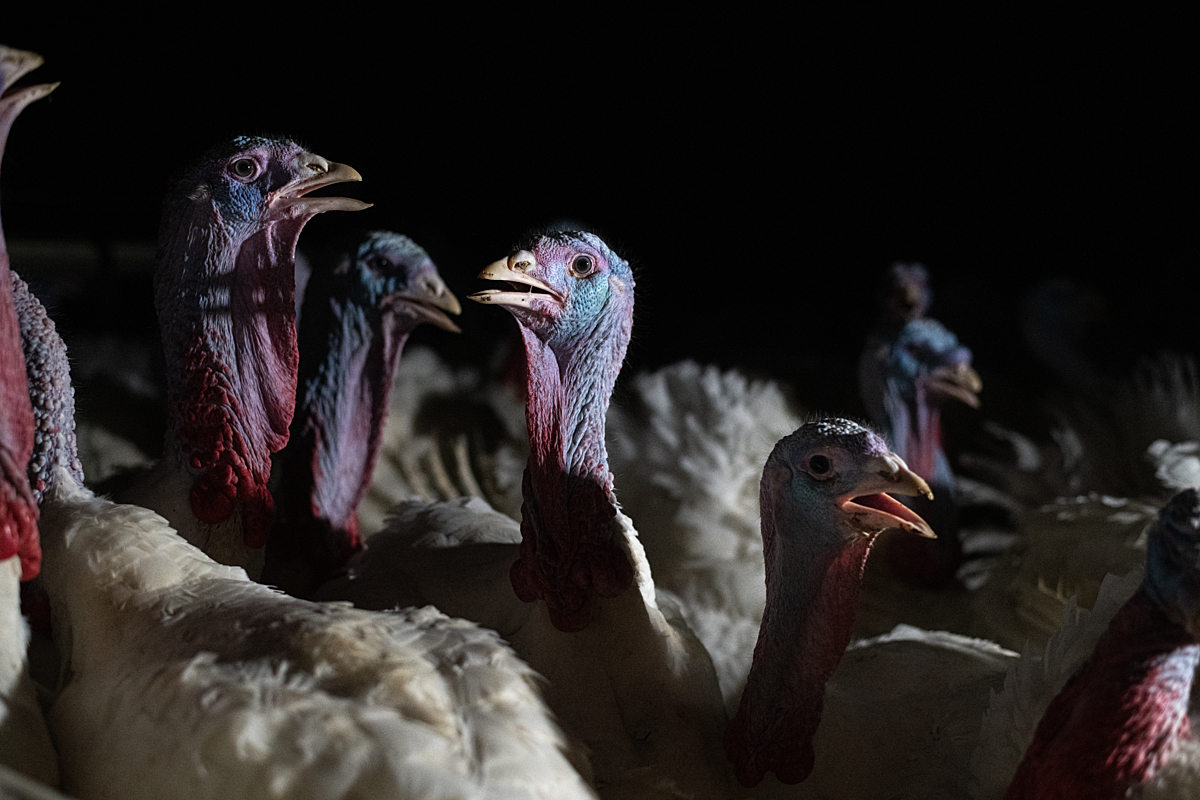Butter is a signature ingredient for many recipes, but never has it figured more prominently than in French cuisine. From baked goods to savory items, butter is thought to add depth and dimension, making everything it coats more spectacular. While French food relies on butter, many diets, especially vegan ones, do not.
Early chefs and food lovers first utilized butter 10,000 years ago. It rose in popularity, particularly during the Middle Ages. In 2016, a 2,000-year-old hunk of butter was discovered in an Irish bog and was actually deemed edible after carbon dating. Butter is a delicacy for many people who observe diets rich in animal proteins. Its high fat and high salt content have traditionally been associated with its versatility.
Famed French Chef Jacques Pépin once said, “If you have extraordinary bread and extraordinary butter, it’s hard to beat bread and butter.” Nouvelle cuisine pioneer Paul Bocuse echoed the sentiment: “Without butter, without eggs, there is no reason to come to France.” But what about the chef or baker who loves French food or baked goods with a plant-based twist? How does one avoid the toll that dairy and eggs take on animal populations while still enjoying the process of cooking and baking?
